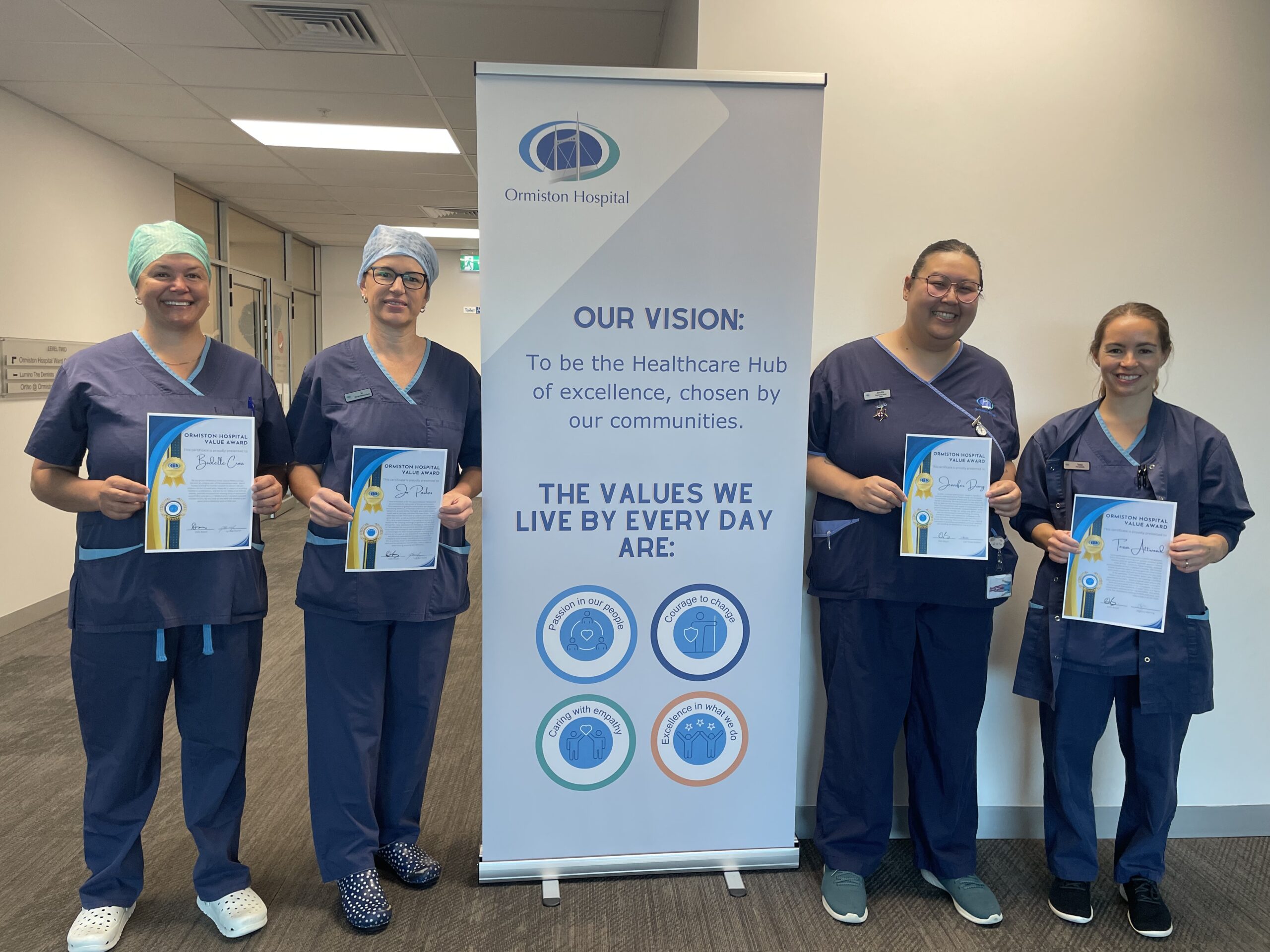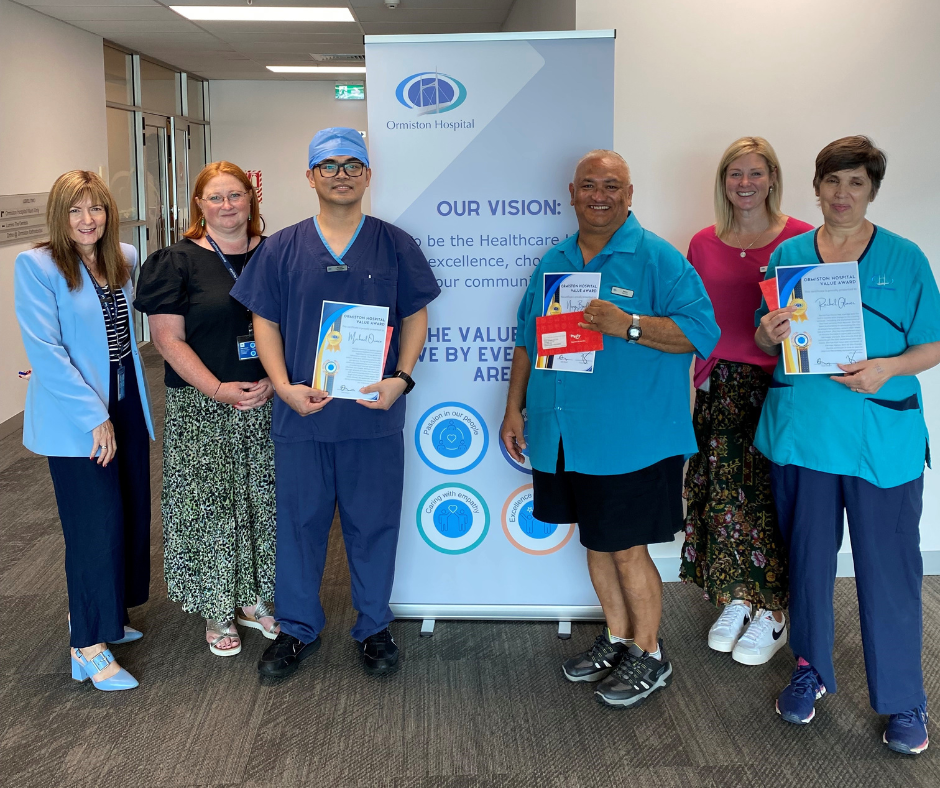We also perform plastic and cosmetic surgical procedures of the breast including breast augmentation (breast implants) and breast reduction.
At Ormiston Hospital, we offer a comprehensive breast care service with a range of specialist surgeons who provide our patients the very best in surgical expertise at our world-class hospital with state-of-the-art facilities. During your private consultation, our surgeons work with you to assess your condition and provide expert advice to support you in making informed decisions about your care.
Our range of available breast and endocrine surgeries
Breast asymmetry
Breast asymmetry, also known as uneven breasts, occurs when one breast is of a different size, shape, volume, or position to the other. This condition is quite common in women. Breast asymmetry can be treated with augmentation, reduction, and lipofilling (using fat from other areas of the body).
Breast augmentation
Breast augmentation, also known as augmentation mammoplasty, is a common type of cosmetic surgery that involves using breast implants or fat transfer to increase the size of the breasts. Breast augmentation is performed purely for cosmetic reasons such as to achieve a larger breast size, symmetry between uneven breasts, a feminine figure, and to restore breast volume after pregnancy, weight loss, breastfeeding, or ageing.
Breast cancer surgery
Breast cancer surgery is considered the primary treatment for most types of breast cancer. Breast cancer surgery may also be an option for people who have a high risk of developing breast cancer in the future. The surgery can be used in combination with other treatments such as chemotherapy, radiotherapy, and targeted therapy. Breast cancer surgery encompasses a wide variety of procedures and it is the surgeon who will suggest the best option for you depending on the size and stage of the cancer, or your risk of developing cancer.
Types of procedures:
- Partial mastectomy (partial removal of the breast)
- Mastectomy surgery (complete removal of the breast)
- Lymph node (axillary surgery – removal of lymph nodes)
Breast reconstruction
Breast reconstruction surgery helps rebuild the size, shape, appearance, and symmetry of the breasts after trauma due to breast cancer, mastectomy (removal of one or more breasts), or to correct a birth defect. Breast reconstruction can be done in many ways. Some techniques use implants while others use tissue from another part of the body to rebuild the size of the breasts. Breast reconstruction is usually done by plastic surgeons.
Breast reduction
Breast reduction surgery, also known as reduction mammoplasty, is used to reduce the size of overly large breasts. This procedure involves removing extra fat, tissue, and skin from the breasts. It can be an elective procedure or ACC-funded procedure. Another procedure called mastopexy, which is similar to breast reduction, is used to lift the breasts.
General breast surgery
General breast surgery includes procedures to address benign (non-cancerous) conditions such as cysts, fibroadenomas (solid growths), or infections in the breast tissue. These surgeries usually involve removing the abnormal growths or infected areas to relieve discomfort and prevent further complications. The goal is to maintain the health of the breast tissue while ensuring minimal discomfort and a quick recovery.
Endocrine surgery
Endocrine surgeons specialise in the surgical treatment of diseases of the endocrine glands. Endocrine glands secrete hormones and include the thyroid gland, the parathyroid, adrenal glands, and the pancreas. Our endocrine specialists can support you with the diagnosis and surgical treatment of endocrine conditions requiring surgery.
Types of procedures:
- Total pancreatectomy (removal of the pancreas)
- Thyroid lobectomy (partial removal of the thyroid)
- Thyroidectomy (complete removal of the thyroid)
- Parathyroidectomy (complete removal of the parathyroid)
- Adrenalectomy (complete removal of the adrenal glands)
Need to know
When you attend a consultation with one of our surgeons, they will take a detailed medical history and perform a physical examination. They may also take your blood pressure and ask you about your overall health and any medications you are currently taking. The surgeon will let you know if the surgery is an appropriate treatment for you, and they will explain both the benefits and potential risks of surgery. If you wish to go ahead with surgery, you can then work with the admissions team to arrange a date for the procedure.
To prepare for surgery, it’s important to follow your surgeon’s specific instructions. You should also arrange for someone to drive you home post-surgery and plan for a recovery period at home.
During surgery, you will be given general anaesthesia so that you are asleep throughout the procedure. Throughout the surgery, your vital signs are closely monitored for safety, and the surgical team ensures that the procedure is as smooth and efficient as possible.
After surgery, you will be taken to a recovery area where medical staff will monitor your vital signs and ensure you are recovering well from the anaesthesia. Your doctor will provide instructions and medication to help manage pain and advice on when you can resume normal activities. There will also be one or more follow-up appointments so your doctor can monitor your healing process.
Specialist Surgeons









